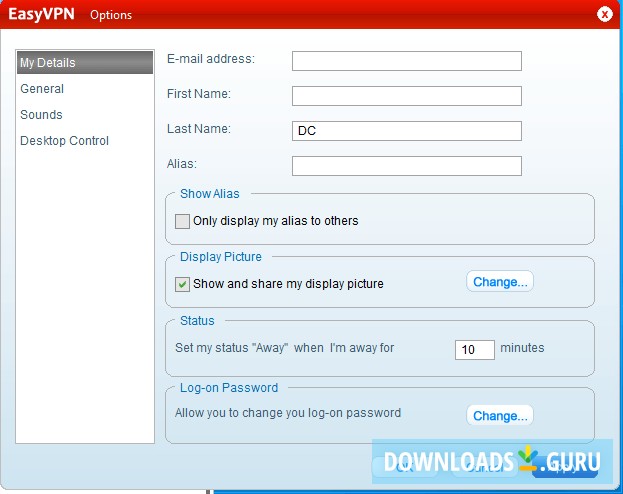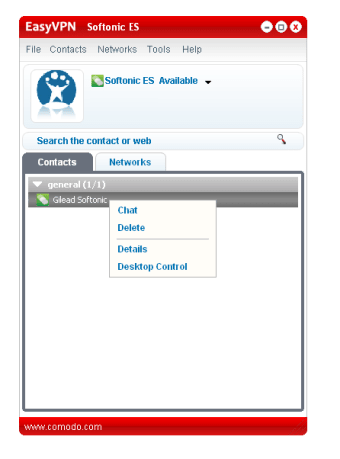

If you have the proper equipment, try establishing a wired connection by hooking your computer up directly to your router via ethernet cable and then connect to your VPN. This can result in an unstable internet connection and, therefore, slower speeds. Chances are you've got several devices connected to your home Wi-Fi network all at the same time - devices that are all sharing and competing for resources on the same wireless channel. Using a wired connection will typically be faster than using your Wi-Fi. This can help optimize your VPN speeds for certain activities, because all the excess traffic you don't need running through your VPN won't burden your bandwidth. Split tunneling allows you to send only the traffic you want through your VPN connection, while sending the rest unencrypted through your regular internet connection.įor example, if you're using your VPN for streaming, you can allocate just your streaming traffic to go through the VPN, which won't slow down your online gaming. If your VPN provider offers a split-tunneling feature, then try enabling it to see if you can boost your VPN speeds.


Most VPN apps allow you to change the protocol you connect through in their settings section, so try playing around with the protocol settings to see which ones get you the fastest speeds. UDP isn't concerned about the order in which it sends data packets or getting any acknowledgment that they were received, so it tends to be much faster and more efficient, but less stable. While TCP is typically the more stable option, it tends to be slower than UDP because it needs to send data packets in the right order and will wait for confirmation of receipt from the recipient prior to sending the next packet. If you prefer to use OpenVPN exclusively, use UDP rather than TCP to get the best speeds. Just be aware that - though their security appears to be solid - these protocols haven't been as thoroughly tested in the wild as OpenVPN, so they shouldn't be your first choice for critical VPN use. Switching to one of these other protocols, if offered by your VPN provider, can yield you faster connection speeds through your VPN. And some have even developed proprietary VPN protocols like ExpressVPN's Lightway and NordVPN's NordLynx that claim to offer the best of both worlds. More and more VPN providers are now also offering newer VPN protocols like IKEv2 and WireGuard that promise faster speeds alongside excellent security. It is the most battle-tested protocol, and it offers a nice combination of speed, stability and security - which is why many VPNs use OpenVPN as their default protocol. Today, the gold standard VPN protocol is OpenVPN. Different protocols have different advantages and disadvantages in terms of speed and security, so if you connect via one VPN protocol rather than another, you can potentially boost the speed of your VPN. There are various VPN protocols and most providers give you the ability to choose between a few different options. Sarah Tew/CNET Try connecting via a different VPN protocolĪ VPN protocol is a set of instructions between the VPN app on your device and the VPN server that determines how the secure connection is established. Your VPN will lower the speed of your connection, but you can try to minimize that hit.
#Easyvpn .com trial
Sometimes, it just takes a little trial and error. If your VPN provider doesn't display the current load on its servers, try connecting to a few different ones to see which gets you the fastest speeds. If you choose one with a lighter load, you'll generally achieve faster speeds.

Some VPN providers display the current server load on their servers either in the app itself or on the website. When too many people are using a single VPN server, the server can get overloaded and your connection speed can take a hit. Connect to a server that isn't overloaded If you're looking for a VPN with tons of server locations, try ExpressVPN, which offers servers in 160 locations across 94 countries - so you're bound to find a few relatively close to where you are. Some VPNs will have a speed test feature built into their apps, but you can always use a speed testing website like Ookla Speedtest to check the speed of your connection. But when you need a faster connection, try connecting to a few different VPN servers close to where you're physically located and see which ones yield the fastest speeds. This won't always be practical if, say, you want to stream content from a specific country or access a gaming server from a particular location.


 0 kommentar(er)
0 kommentar(er)
